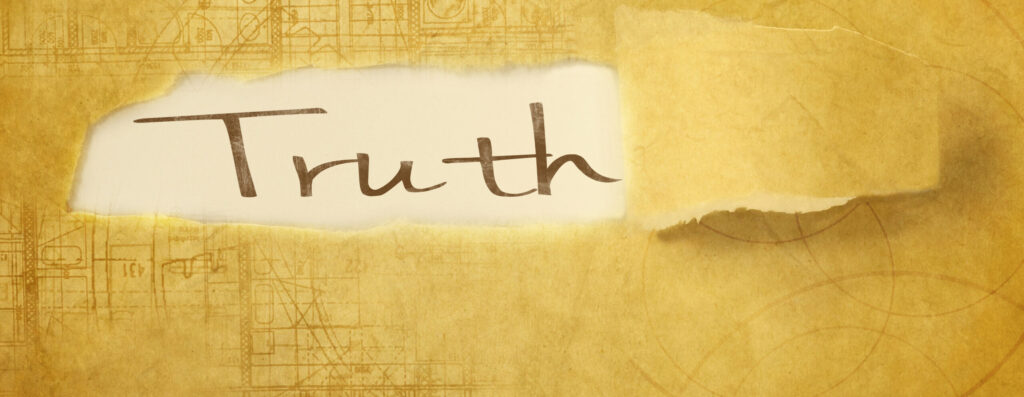
Telling the Truth is Sometimes not Enough
When I meet with clients in anticipation of trial, they sometimes question the need for witnesses to support their testimony. They are confident that the truth they will tell under oath will cause them to prevail. In my family law practice, clients are especially prone to viewing the opposing party as a lying scoundrel. However, even parties to a family law dispute are sometimes overly optimistic that the opposing party will tell the truth and confess his or her wrongdoing. With the client’s truthful testimony and the obligation of the opposing party to tell the truth, the idealistic client might believe that a witness or other evidence to corroborate his or her testimony is unnecessary. Under those circumstances, I remind clients not to assume the opposing party will tell the truth but moreover assume that the other party will lie.
In those instances when clients have no confidence in the opposing party’s ability to tell the truth, clients sometimes have the unrealistic expectation that their truthful testimony coupled with my blistering cross-examination, as seen on television or in the movies, will certainly uncover the deceitful testimony of the opposing party. Cross-examination is designed to help the judge or jury get at the truth and to some extent, it does so. The importance of the party’s truthfulness should not be minimized. However, if a witness or other evidence is available to contradict the testimony of the opposing party, then such witness or other evidence should be used. By way of simplistic example, if my client testifies that the sun was shining on a particular day and we expect the other party to say it was raining, a newspaper report of what the weather was like on the day in question will effectively “break the tie“ so that the judge or jury knows whom to believe. Similarly, if my client testifies that he or she had the green light right before the car wreck and we expect the other party to say that he or she had the green light, then the testimony of my client might not be enough by itself. Testimony such as that of a disinterested pillar of the community who saw the green light facing my client’s direction will reveal the truth. In my family law practice, the litigants are often the only persons present or old enough to comprehend the circumstances, so they find themselves in unavoidable “he said she said” situations. As insulting to litigants as it might be to hear that their testimony might not be enough, they should heed the advice of counsel and take advantage of opportunities to present other evidence in support of what they want the judge or jury to believe.
